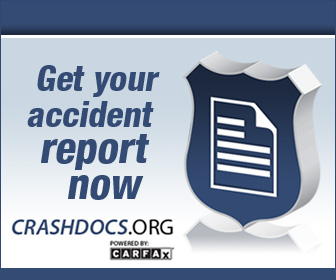Proudly Protecting & Serving Our Local Community
Frequently Asked Questions
Some Questions That We’re Frequently Asked
How do I get a copy of a Police Report?
Contact the Police Records Department (856) 767-2768 Ext. 1000. Normal business hours – Monday through Friday 8 a.m. to 4 p.m.
How do I call 9-1-1 Effectively?
In case of an emergency, call 9-1-1 for immediate assistance. This is a free call, even from a payphone. This emergency phone service is provided only for urgent situations such as burglary in progress, shootings, fires, traffic accidents with injuries, someone choking or having difficulty breathing, fighting or the display of weapons, etc. It is not meant to be used for routine requests for service. This may prevent someone with a genuine emergency from contacting us quickly, so please use the 9-1-1 system with care. Do not waste time, call as soon as you think help is needed, that is what we are here for and every second counts. 9-1-1 will provide access to your local emergency services 24 hours a day, 7 days a week.
Calling 9-1-1 is very stressful and it is easy to feel overwhelmed. 9-1-1 call takers are trained to guide callers through the experience, but knowing what to expect can help make the 9-1-1 call go smoothly and get emergency services where and when they are needed.
Know when to call 9-1-1, what to expect and how to react:
- Stay calm. It is important to take a deep breath and not get excited. Any situation that requires 9-1-1 is, by definition, an emergency. The dispatcher or call-taker knows that and will try to move things along quickly, but under control.
- Start by telling the call taker what kind of emergency you have.
- Wait for the call taker to ask questions and then answer clearly and calmly. Even though many 9-1-1 Centers have enhanced capabilities – meaning they are able to see your location on the computer screen they are still required to confirm the information. Please be patient with this line of questioning; you do not want emergency services to respond to the wrong location.
- If you are in danger of assault, the dispatcher or call-taker will need you to answer quietly, mostly “yes” and “no” questions.
- Let the call-taker guide the conversation. They are probably typing the information into a computer and may seem to be taking forever. There is a good chance, however, that emergency services are already being sent while you are still on the line.
- In some cases, the call-taker will give you directions. Listen carefully, follow each step exactly and ask for clarification if you do not understand.
- Keep your eyes open. You may be asked to describe victims, suspects, vehicles or other parts of the scene.
- Do not hang up the call until directed to do so by the caller taker.

